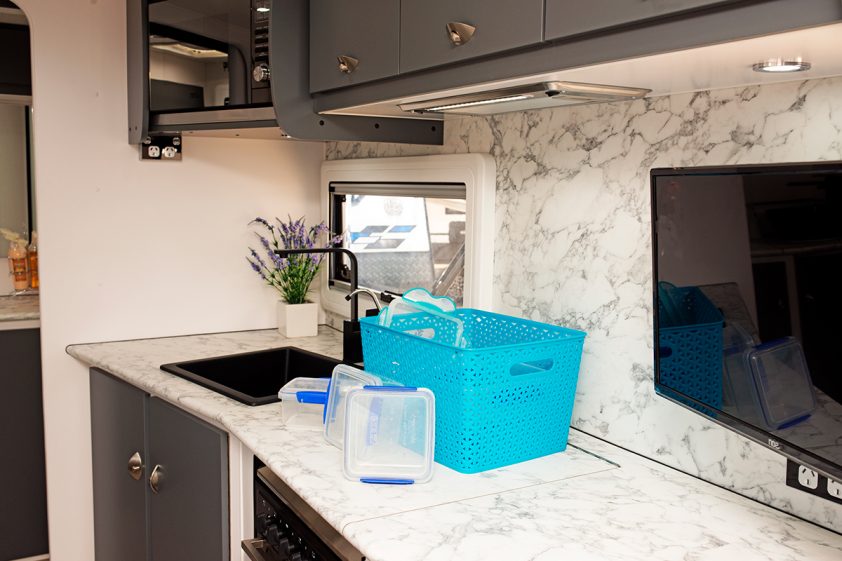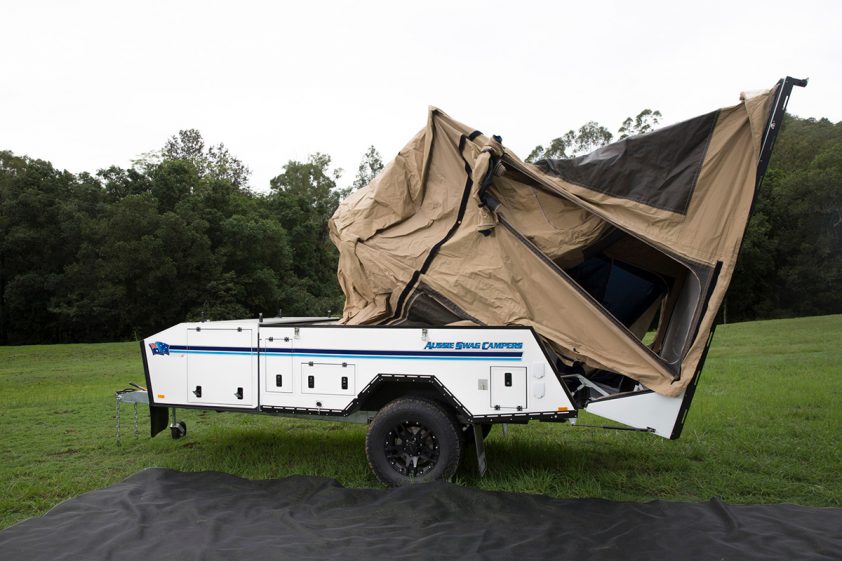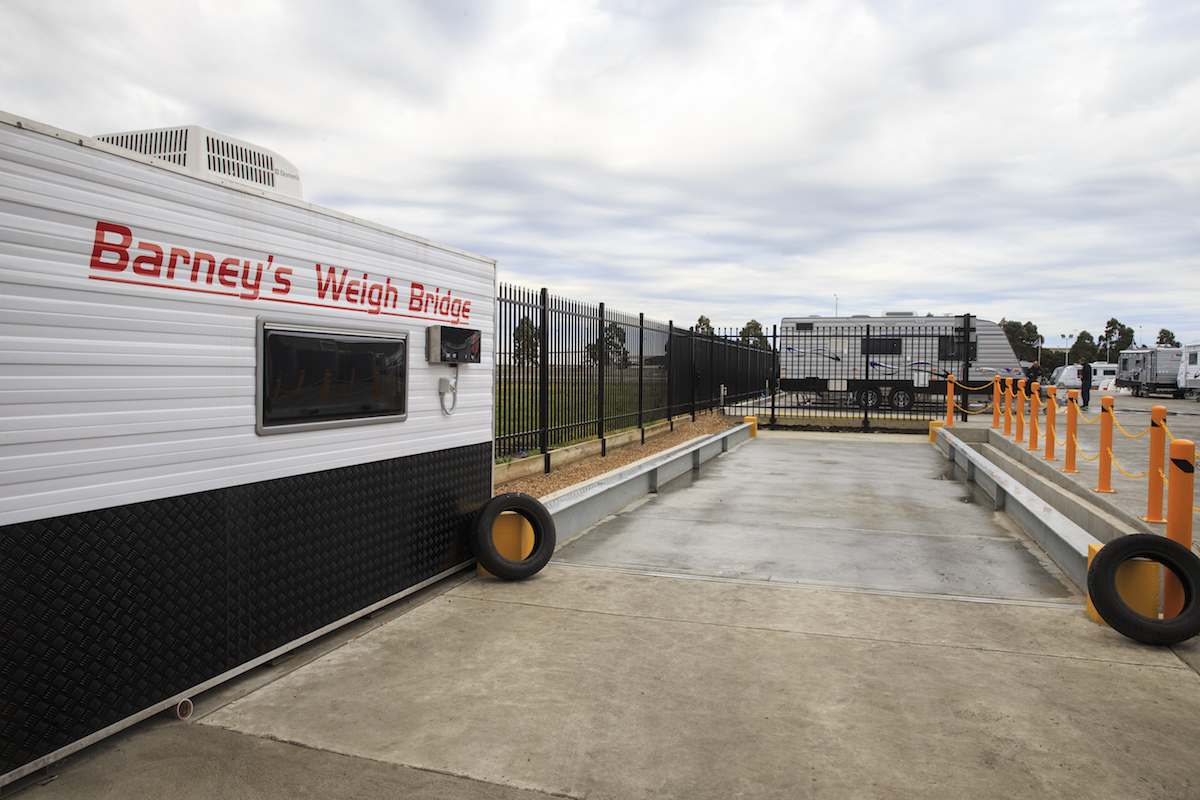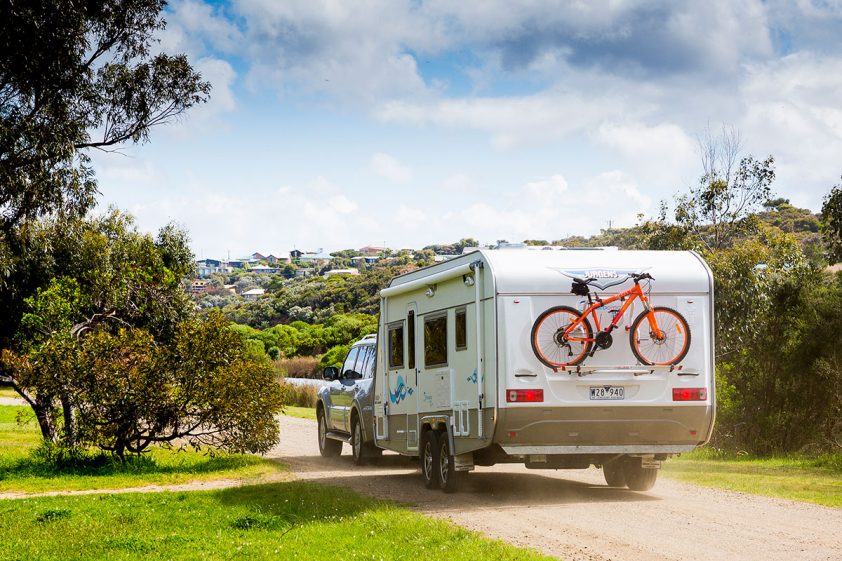FRESH IDEAS
There’s nothing more likely to spoil your caravanning or motorhome holiday than spoiled food. The whole camp coming down with galloping diarrhoea or vaulting to the toilet vomiting is a sure way to put a dampener on any fun you’re likely to have.
If you don’t want food poisoning to spoil your fun then it’s worth thinking about how to best keep your food while you’re on the road. Thankfully, it’s simple if you take up a few effective hints that mean spoiled food won’t be the unwelcome guest around the campfire.
THE BASICS

When it comes to storing food, temperature is key and that means chilling food as soon as possible. When it comes to defrosting food, defrost it in the fridge. Defrosting food in the open has the potential of allowing it to spoil sooner.
According to the Food Safety Information Council, a not-for-profit, organisation established to provide information on the subject, ‘properly cooking food minimises the risk of food poisoning,’ and ‘defrost frozen poultry and rolled and stuffed meats thoroughly before cooking. Always follow cooking instructions on packaged foods.’
SEPARATION ANXIETY
If you really don’t want to risk your campsite sharing a dose of food poisoning you need to avoid cross contamination of bacteria from raw food. That means keeping raw and cooked foods, especially meat, separate when storing and preparing. Moreover, store food in covered containers in the fridge and put raw meats and poultry in the bottom of the fridge so the juices don’t contaminate food on lower shelves. Finally, don’t put cooked meat back on the plate the raw meat was on.
KEEPING IT FRESH
Now, with all that out of the way, we can get down to the nitty gritty of food storage. There are a few things to consider. Professor Bhesh Bhandari from the School of Agriculture and Food Sciences, University of Queensland says that how you store your fresh food depends on whether the food you want to store is fresh or not.
He says the ‘the quality, type of food and the moisture content of the food determines whether you can put the food in the fridge or freezer.’
Professor Bhandari says that any food that can be stored in the freezer it will last up to six months. He says quality food kept in the fridge should last up to three weeks. However, that maximum time depends on the type of food. He says that while some vegetables don’t keep long in the fridge, apples will keep well and bananas don’t take refrigeration at all. Bhesh Bhandari says when you pack your esky and head away from your van, then ice in the esky is key to successful food storage.
‘Ice will be around 2 degrees Celsius so it’s like a refrigerator,’ he says. The trick, the professor says, is to keep the temperature down with fresh ice or, better still, an ice-water slurry and your food will be okay in an esky for up to three days. He says that making an ice slurry helps limit damage ice alone can cause to some food like fruit and vegetables.
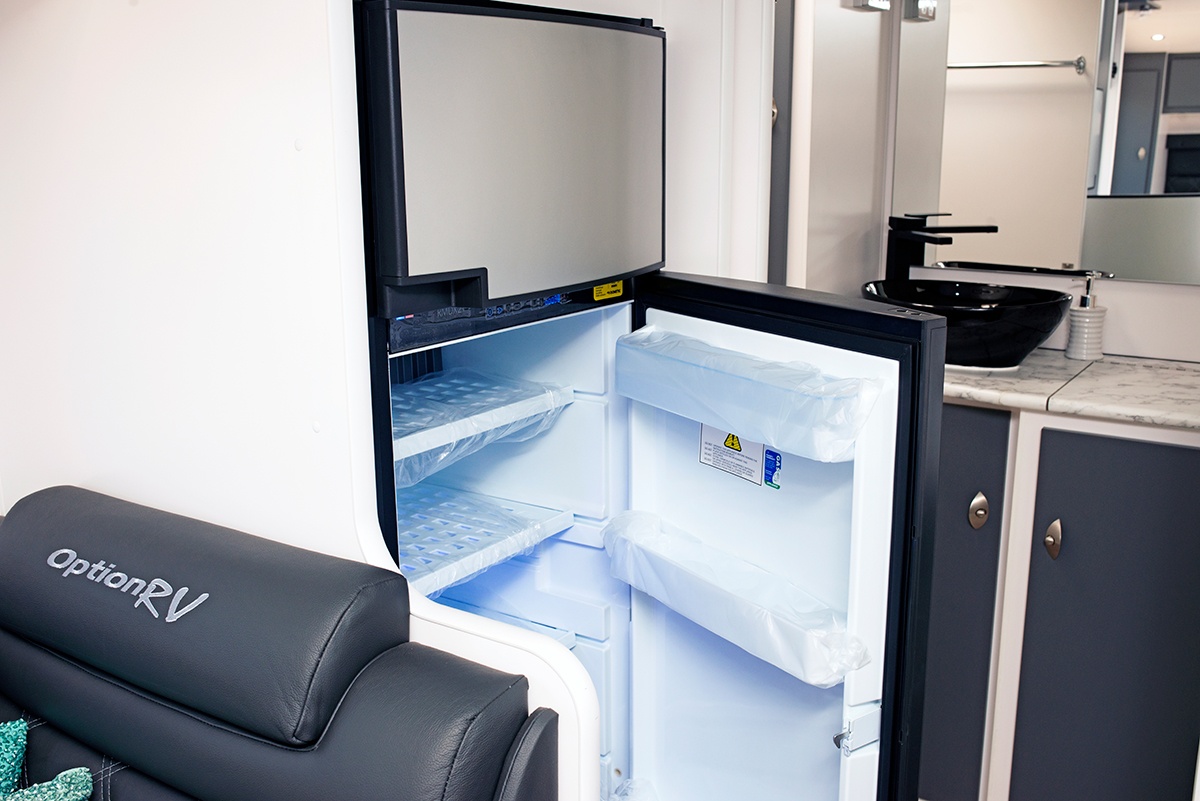
If you’ve ever thought that if ice or an ice-water slurry will chill your food nicely then dry ice will do it better, think again. Professor Bhandari will chill your food quickly but it is likely to damage your food because it is so much colder and it evaporates far too quickly.
As for using plastic ice bricks to keep your food cool, Bhesh Bhandari says that they’re fine, however the water in the ice slurry provides direct contact between all the food and the cold and ice bricks alone don’t do that.
To drop the temperature of the slurry a little, you can add salt to your slurry. However, there’s a risk as some foods won’t do well in the colder temperature.
Bhesh says that while some fruit and vegetables won’t like lower temperature other foods like cheese and milk will be fine. Meat is a little tricky. In terms of food storage, he says it doesn’t matter if meat is cooked or raw and it will handle temperatures below zero, really cold temperatures might change the texture of the meat slightly.
Nonetheless, while ever there’s a good quantity of ice in the slurry, the expert says you can keep meat in an esky for up to a week or until the use-by date on the label from the supermarket from which you bought the meat.
When using an esky with an ice-water slurry Bhesh says its best to freeze the meat first. That will help to cool other food in the esky also. What’s more, it’s okay to refreeze defrosted meat as long as the temperature of the defrosted meat is still close to zero. That way you minimise the risk of bacteria growing in your favourite porterhouse cut.
DRY FOOD
Storing dry foods is simple. The advice is, keep them in an air-tight container and in the dark. This slows the chance of dried foods like nuts and fruit from going rancid. This sort of storage is capable of keeping some dry foods for around one month. However, semi-dried foods like semi-dried tomatoes need refrigeration.
FINAL TIPS
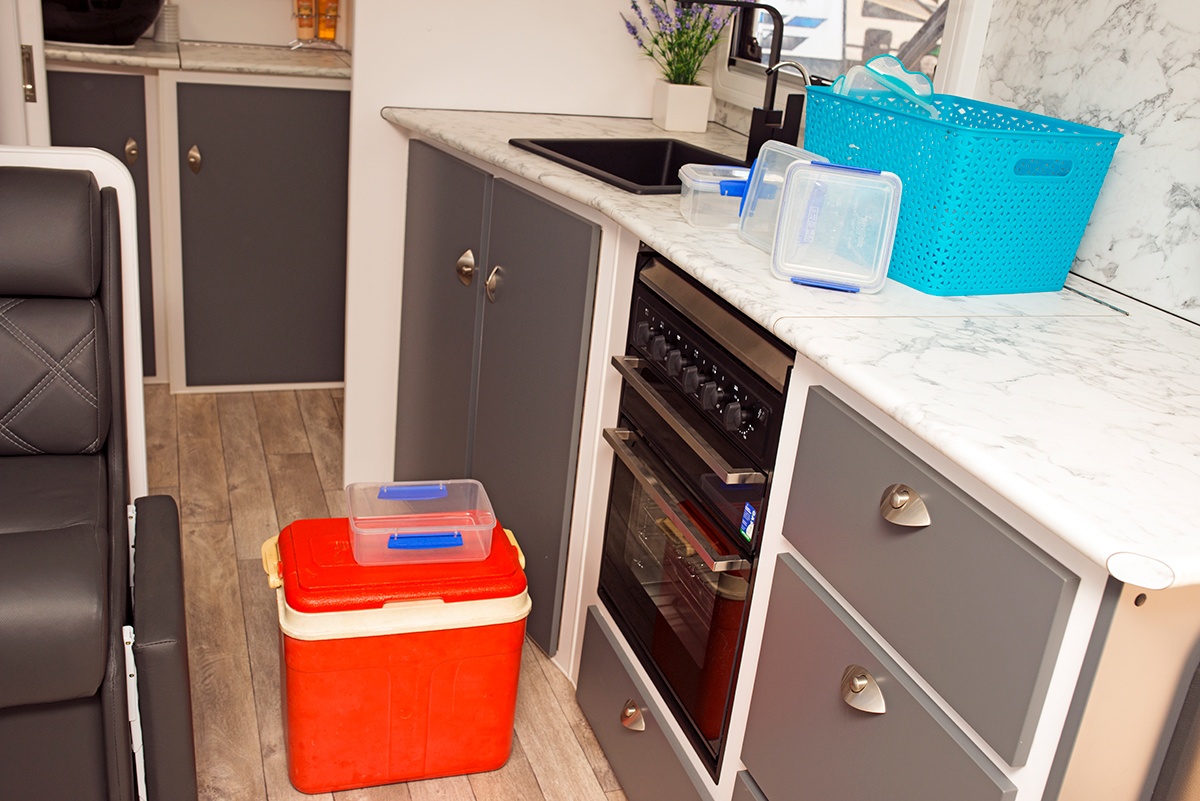
When it comes to storage containers, the best choice is to use lots of clean, air-tight containers – glass is best and avoid thin plastic take-away style containers. That’s because thin plastic containers are porous and might allow your food to spoil or taint the food with chemicals.
Buy fresh – that way you get to know the locals.
When it comes to cold storage, refrigerate without overloading your fridge and use an ice slurry in your esky. And refrigerate or freeze the food as soon as it stops steaming.
Freeze food in small containers or sealed bags containing only enough for one meal to reduce left-overs. Remember to label and date the packages so that you can keep track of how long they’ve been stored. After all, you don’t won’t food poisoning around the camp fire.
MEET THE AUTHOR

David Gilchrist
David Gilchrist is a Brisbane based journalist, author, radio presenter/producer and documentary filmmaker. As a filmmaker, David has worked with ABC Landline, ABC Compass and ABC Open. In radio he has worked in community radio as a presenter, a 4EB producer and ABC local radio as a community correspondent. David has produced on-line video content for ABC and several magazine and content providers. Beyond video production for his business 4G Production, he has written for a variety of publications including The Independent in London, Australian Geographic, Outthere and The Australian Newspaper, The West Australian and The New Zealand Herald, Caravan World and Camper Trailer Australia. The Queensland Hotels Association published David’s first book Raising the Bar and Penguin Random House published his second book Life in the Saddle which became a best seller in its genre.

